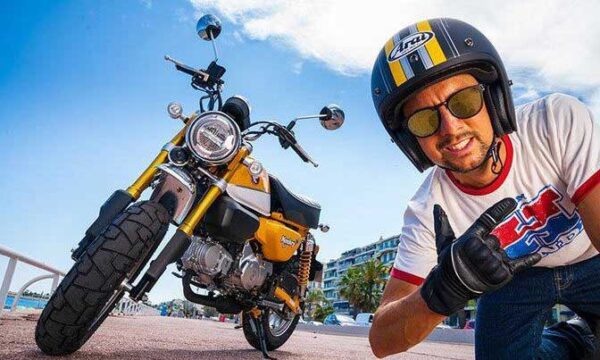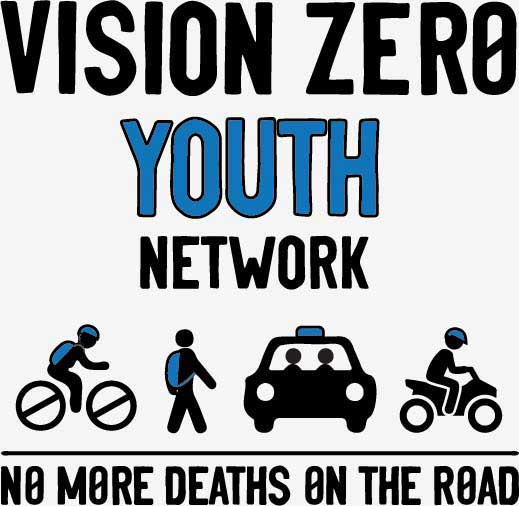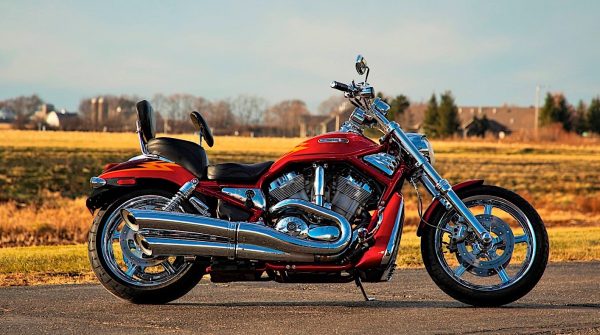UK Motorcycle sales see post-pandemic bounce back
by Felicity Donohoe from https://www.pressandjournal.co.uk UK motorcycle sales have shown a healthy post-pandemic recovery with figures revealing a fresh enthusiasm for purchasing new machines – including EVs. Recent data from the Motor Cycle Industry Association shows that 13,398 units were sold in May 2021, an increase of 148.4% compared with May 2020, with sales topping 43,242 for the first five months of this year and across all segments. Adventure Sport and Naked categories were up 242% and 197% in sales (2,449 and 4,567 respectively) in May but EVs have found a place in the revived market, seeing 509 sales in May 2021 compared to 119 sales last May. The sales reflect the interest in alternatives to cars and public transport solutions, along with the financial, environmental and practical benefits that riding offers. Tony Campbell, CEO of MCIA said: “May’s figures are against a time in 2020 when the first wave of the pandemic had hit. We forecast a positive summer for the sale of PTWs (powered two wheelers) and associated products as restrictions ease, and the backlog of those awaiting CBT and testing reduces. “As life returns to normal and people return to their leisure pursuits we’ll be ensuring our close links with Government consider PTWs at every opportunity.” Top 10 motorcycle sales May 2021 Honda: 2,392 Yamaha: 1,717 Triumph: 1,133 BMW: 1,009 Kawasaki: 810 KTM: 652 Lexmoto: 418 Harley-Davidson: 404 Royal Enfield: 397 Ducati: 388
UK Motorcycle sales see post-pandemic bounce back Read More »




